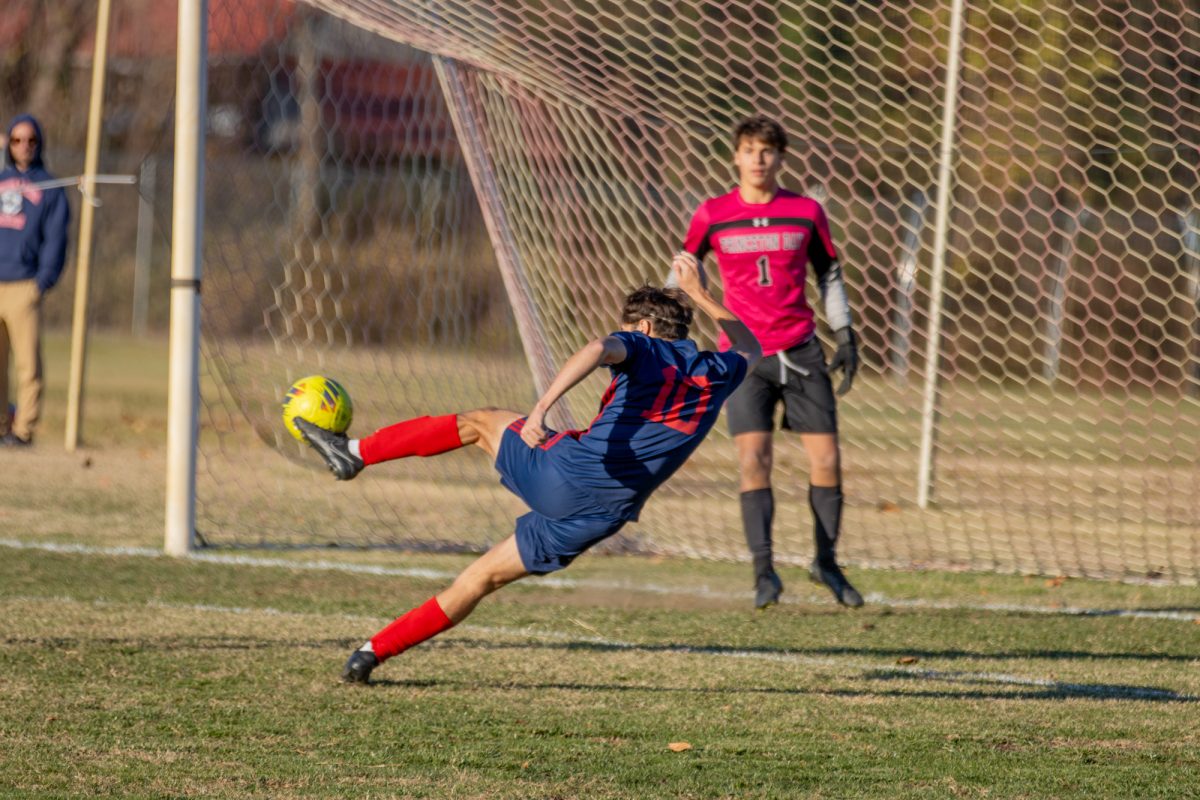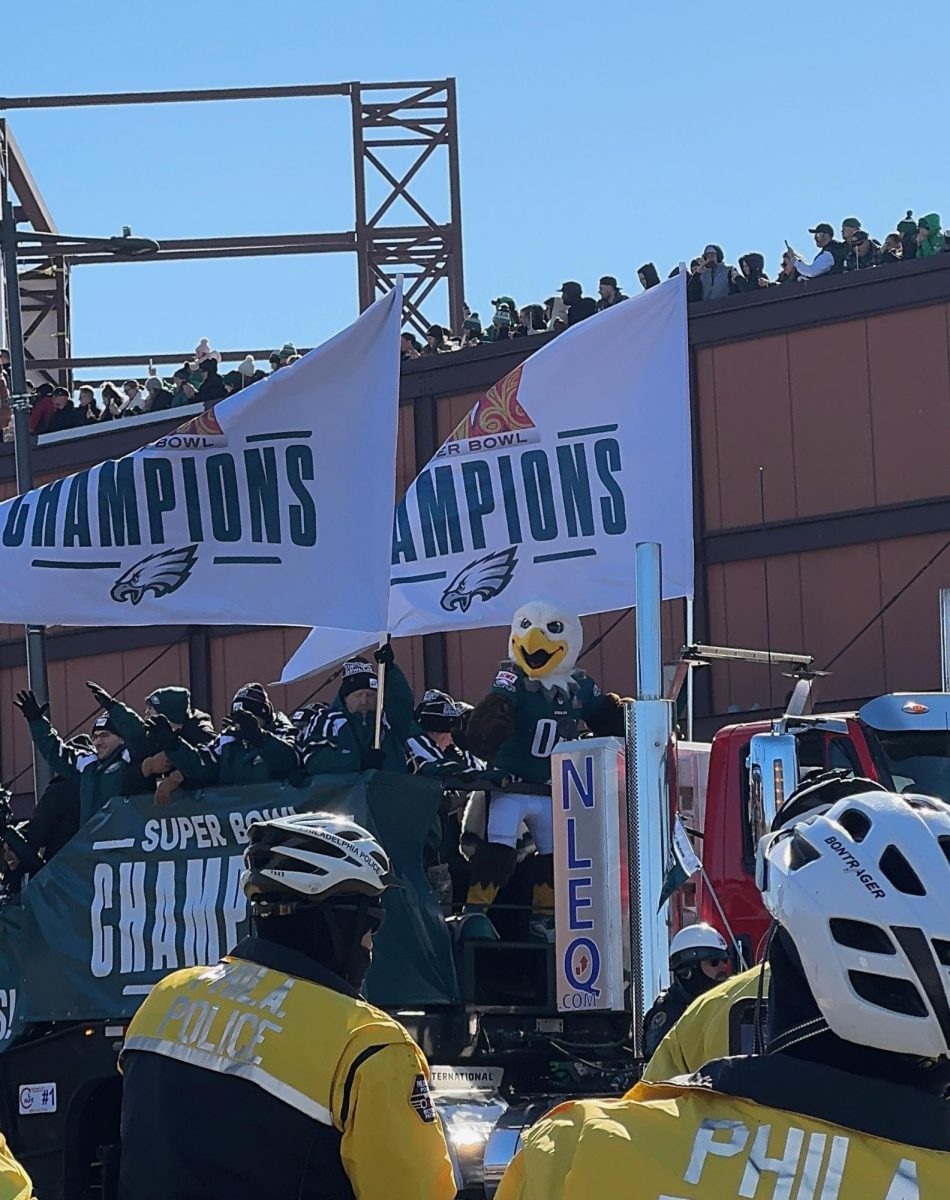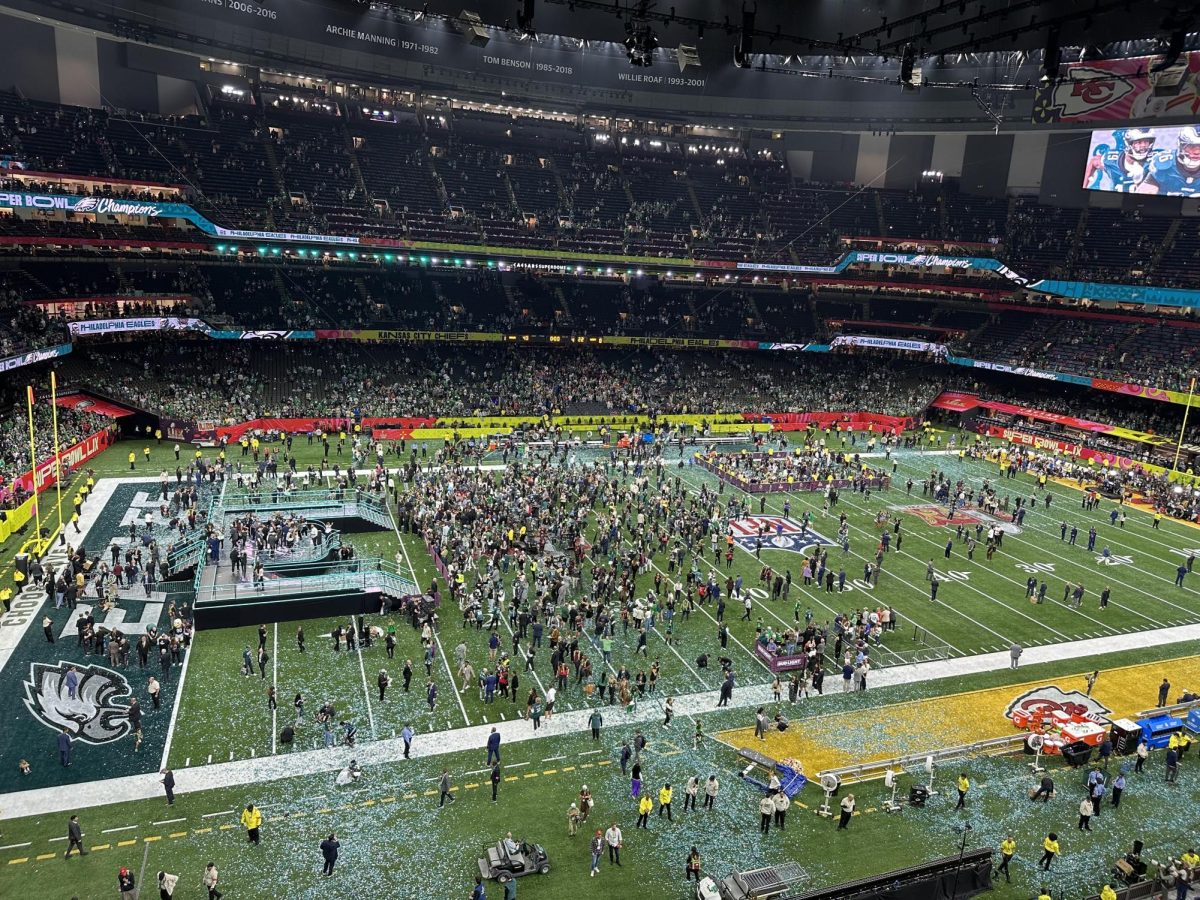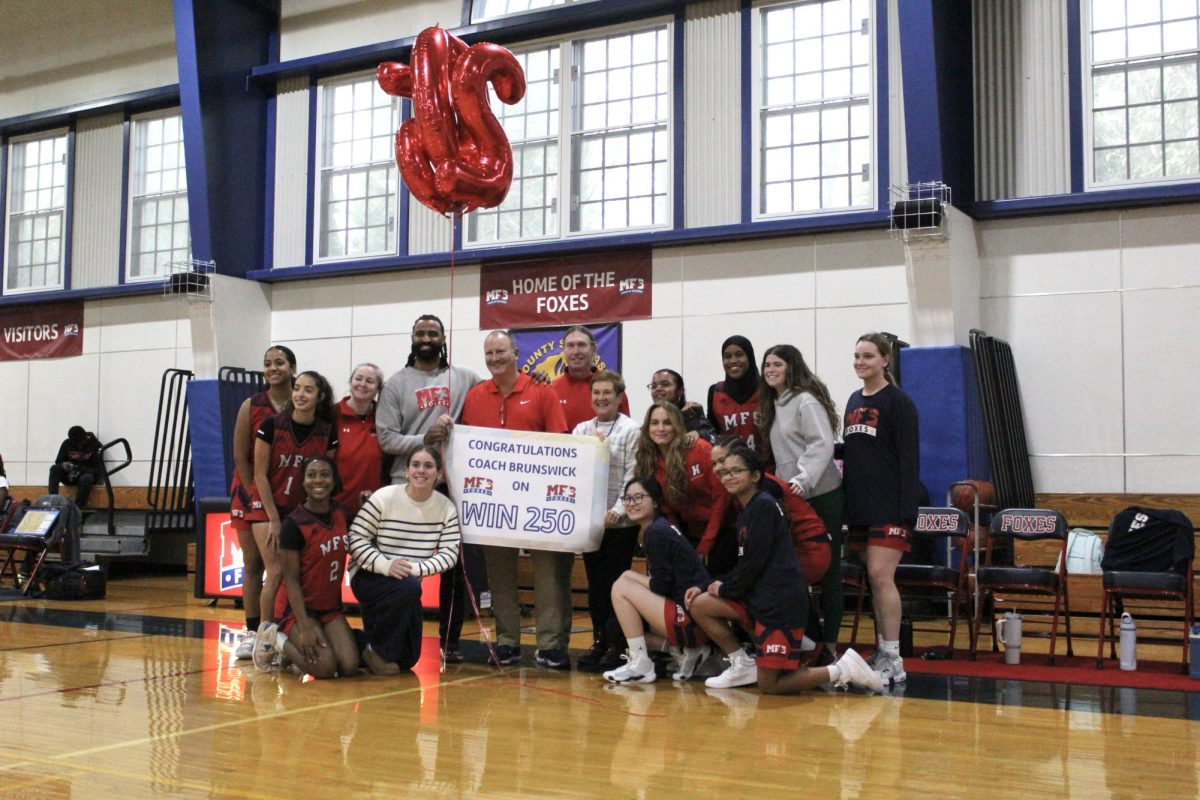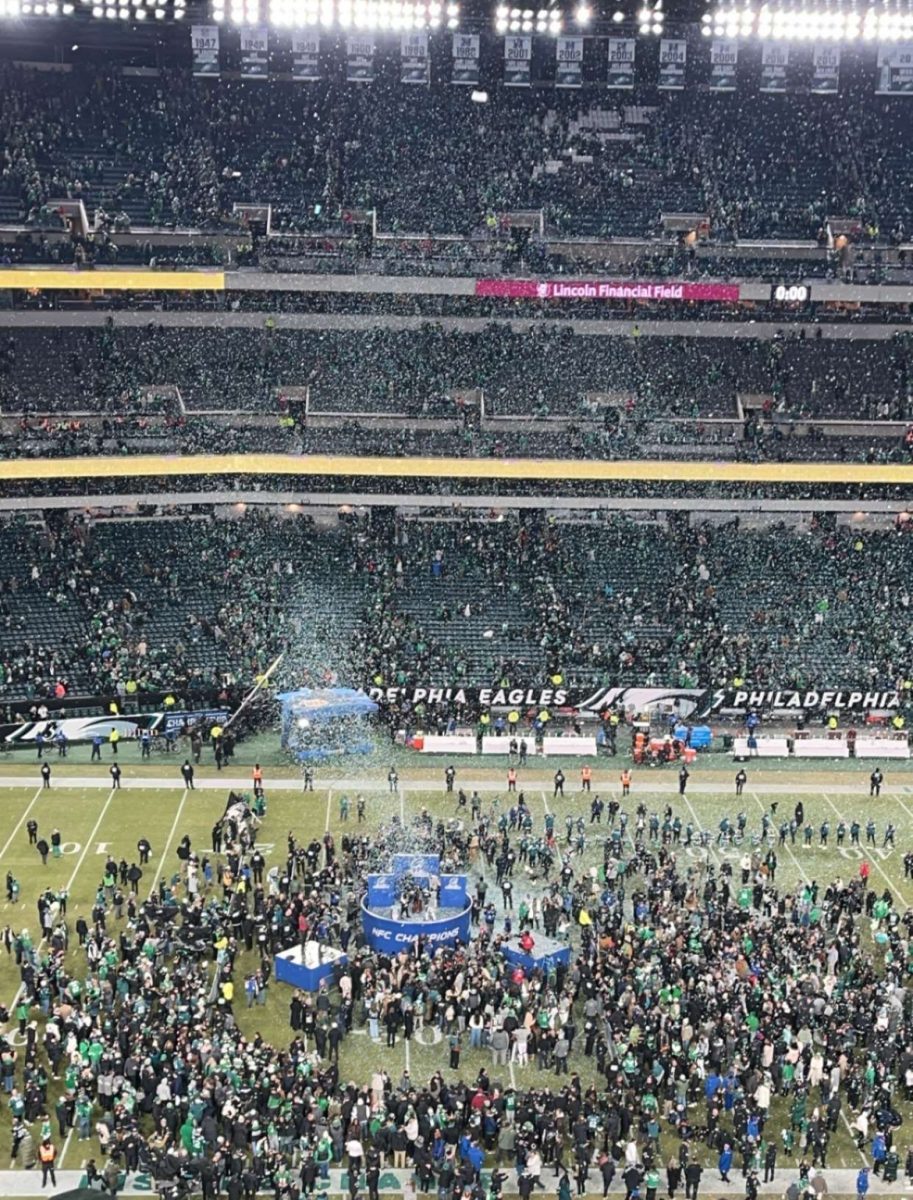The word “expectations” has been tossed around pretty loosely since Chip Kelly took the reigns as Eagles head coach last January; most of all in the aftermath of the Birds’ wild card round loss to the Saints at Lincoln Financial Field. Perhaps the most common phrase audibly uttered by Eagles fans upon the team’s elimination was something resembling, “Well, we had low expectations for this season anyway. The team has a bright future.”
That much may be true. There weren’t high expectations, if any expectations at all, for Chip Kelly in his first season. He was expected to take a year to rebuild, adapt to his surroundings and get acclimated to the professional climate. After all, the Eagles were the tenth youngest team in the NFL, touting an average age of 25.74. But in mid-November, when Washington was lagging behind, the Giants were crumbling and the Eagles were neck-and-neck in the division with the Cowboys, “expectations” went out the window.
Subsequent to Mike Vick’s hamstring injury in late October, second-year quarterback Nick Foles took over under center for the Eagles. With the help of Chip Kelly, Foles led the youthful and inexperienced Eagles through a 7-1 stretch to end the season 10-6, gloriously atop the NFC East. With poise, coaching brilliance, smart decision-making and some luck, the Eagles were set to surge into January’s playoff race. Instead, they floundered; the defense struggled to stop one of the league’s best passers in Drew Brees and the offense stalled too much early on to save itself late in the game. The Eagles’ opportunity was gone.
In order to win in this league, teams need to capitalize on positive opportunities that come about, which the Eagles failed to do. How often is a team lucky enough to harvest the league-leading passer (Foles, 119.2 QBR), league-leading rusher (McCoy, 1,607 rushing yards) and one of the league’s most feared deep threats (Jackson, 25 receptions of 20+ yards)?
Although the team was just a wild card team and was ranked only third in the NFC at season’s end, it doesn’t take much more than what the Eagles possessed to make a run into February. A potent offense as such and end-of-season momentum is all a team needs to earn a ticket to the Superbowl, really.
Of the previous seven Superbowl winners, five have played in the wild card round of the playoffs. Recent years have proven that what matters most in the quest to win a Superbowl is late season momentum. Perennial powerhouses like the Denver Broncos and New England Patriots will, year in and year out, impose their will on most of the league during the regular season. Yet, if a middle-of-the-pack squad such as last year’s Ravens and the previous year’s Giants rip off a winning streak in December, they are most likely to hoist the Lombardi. Those middle-of-the-pack Ravens and Giants teams both took home the trophy in the year of their respective runs. They proved that football is a game of timing and luck more than anything.
Sure, the Eagles have a seemingly bright future ahead of them. Their first-year, once-scrutinized coach reclaimed the division, their franchise quarterback may have finally arrived and they’ve got cozy cap flexibility moving forward. But it’s tough to look towards the future as a way of reassurance. The future is exactly that – a future; no one knows what it holds for sure, and in a game of luck and timing, teams can’t afford to squander opportunities when they present themselves.
Cover photo: Wikipedia


